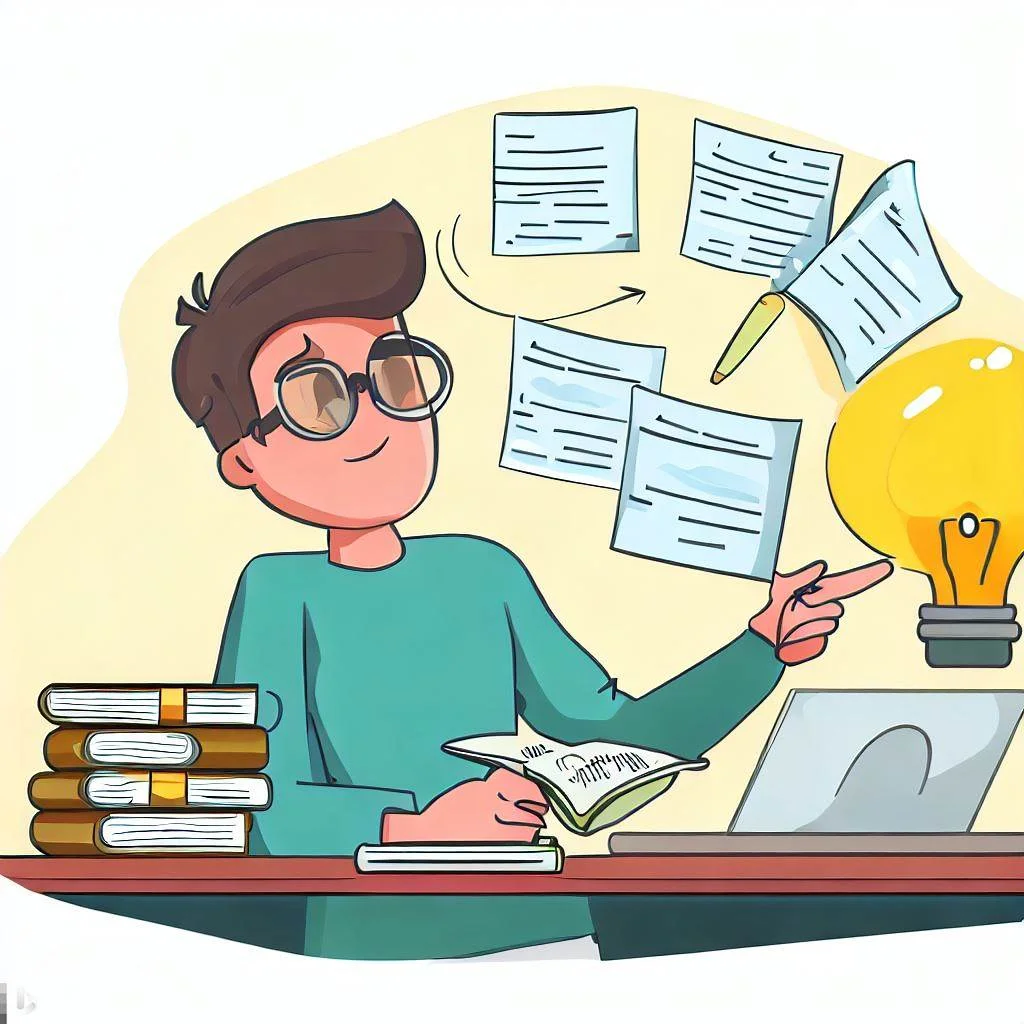The Benefits of Gamification in Exam Revision

Exam revision has long been associated with stress, anxiety, and monotonous hours spent pouring over textbooks and notes. However, a revolutionary approach known as gamification has breathed new life into the world of exam preparation. By integrating elements of games into the revision process, educators and students alike are discovering a plethora of benefits that not only make studying more enjoyable but also enhance learning outcomes, ensuring you're well-prepared to take my exam with confidence. Even so, it’s understandable that you may sometimes use the help of a live exam helper, especially with an urgent task. In this blog post, we'll delve into the various advantages of incorporating gamification into exam revision.
Engaged Learning: Enhancing Understanding through Interactive Engagement
Traditional methods of exam revision often involve passive learning, where students read through textbooks and notes, attempting to memorize vast amounts of information. However, this approach often falls short of fostering a true understanding of the subject matter. This is where gamification steps in as a dynamic solution that not only grabs students' attention but also facilitates a deeper level of engagement.
Through challenges and simulations, students are placed in scenarios that demand the practical application of theoretical knowledge. This hands-on experience goes beyond rote memorization, helping students connect abstract concepts to real-world situations. As they navigate through these interactive tasks, students not only retain information but also develop a deeper understanding of how the concepts function in various contexts.

Motivation and Intrinsic Rewards: Cultivating a Desire to Excel
Human beings are naturally drawn to competition and achievement. Gamification taps into this intrinsic motivation, transforming the often mundane task of exam revision into an exciting journey of accomplishments. Elements like points, levels, badges, and leaderboards serve as markers of progress and achievement, igniting a sense of pride and satisfaction as students complete revision tasks.
As students accumulate points, unlock achievements, and climb leaderboards, they experience a constant stream of positive reinforcement. This positive feedback loop fosters a desire to continue learning and mastering the material. The concept of "gamified learning" becomes a source of intrinsic motivation, encouraging students to invest more time and effort in their studies as they strive to surpass their records and achieve higher levels of expertise.
Personalized Learning Paths: Catering to Individual Needs
Every student has a unique learning style, pace, and set of strengths and weaknesses. Gamification accommodates this diversity by offering personalized learning paths. Adaptive learning algorithms can analyze students' performance and identify areas where they may be struggling. Based on this analysis, the system can provide targeted practice exercises and challenges that address these specific gaps in understanding.
This personalized approach ensures that students dedicate their energy to the areas that require the most attention, resulting in a more efficient and effective revision process. By catering to individual needs, gamification helps students build a strong foundation and confidence in their weaker subjects while reinforcing their strengths.
Increased Retention and Recall: Active Learning at Its Best
The secret to long-term retention of knowledge lies in active recall—a cognitive process where information is retrieved from memory. Gamification capitalizes on this principle by incorporating activities like quizzes, flashcards, and problem-solving games that demand active participation. When students engage in these activities, they are compelled to retrieve and apply information, reinforcing neural pathways associated with the learned material.
By revisiting concepts through active recall, students not only enhance their memory retention but also strengthen their ability to recall information when needed, such as during exams. The continuous practice of retrieving and applying knowledge helps solidify their understanding and improves their capacity to explain concepts with clarity and precision.
Reduced Stress and Anxiety: Transforming the Study Experience
Exam stress and anxiety can have a significant impact on students' performance and overall well-being. Gamification introduces an element of playfulness and excitement that can help alleviate some of this pressure. When students approach their revision as a series of engaging challenges and achievable goals, the overwhelming burden of exam preparation is lessened.
By gamifying the learning process, students perceive their studies as less of a chore and more of an enjoyable activity. This change in mindset not only reduces stress but also enhances mental health. As students focus on overcoming game-based challenges rather than fixating solely on exam outcomes, they are likely to experience a more positive and productive study experience.
Real-world Application: Bridging Theory and Practice
Gamification goes beyond theoretical learning by incorporating simulation exercises that mimic real-world scenarios. These simulations offer students the chance to apply theoretical concepts to practical situations. For instance, in a business simulation game, students might make strategic decisions within a simulated market, thus demonstrating how theoretical principles translate into actual business practices. This immersive experience creates a vital bridge between theory and application, enriching students' critical thinking and problem-solving abilities. By navigating through these scenarios, students gain insights into how concepts work in real life, equipping them with valuable skills for their future endeavours.
Collaboration and Social Learning: Learning Together
Many gamification platforms integrate social features that promote collaboration and competition among students. These elements create a sense of community and encourage friendly competition, motivating students to engage with their peers. Through discussions, teamwork, and healthy rivalry, students can deepen their understanding as they explain concepts to others, exchange ideas, and share strategies for tackling challenging topics. This collaborative approach not only enhances students' comprehension but also cultivates vital interpersonal skills that are essential for success in various aspects of life.
Continuous Feedback and Improvement: Nurturing Growth Mindset
Gamification platforms provide instant feedback on students' performance, enabling them to identify their strengths and weaknesses in real time. Armed with this feedback, students can adjust their study methods and target areas that require improvement. Furthermore, games' iterative nature encourages students to learn from their mistakes—a pivotal aspect of fostering a growth mindset. Rather than viewing setbacks as failures, students perceive them as opportunities to learn and improve. This mindset not only benefits exam preparation but also instils a valuable life skill: the ability to embrace challenges and setbacks as stepping stones toward growth and improvement.
Conclusion
Gamification has emerged as a game-changer in the field of exam revision, offering a host of benefits that go beyond traditional study methods. By engaging students, motivating them, and enhancing their learning experience, gamification transforms the revision process into an exciting journey of self-improvement. As technology continues to advance, educators and students can harness the power of gamification to revolutionize education and create a more effective, enjoyable, and impactful approach to exam preparation.